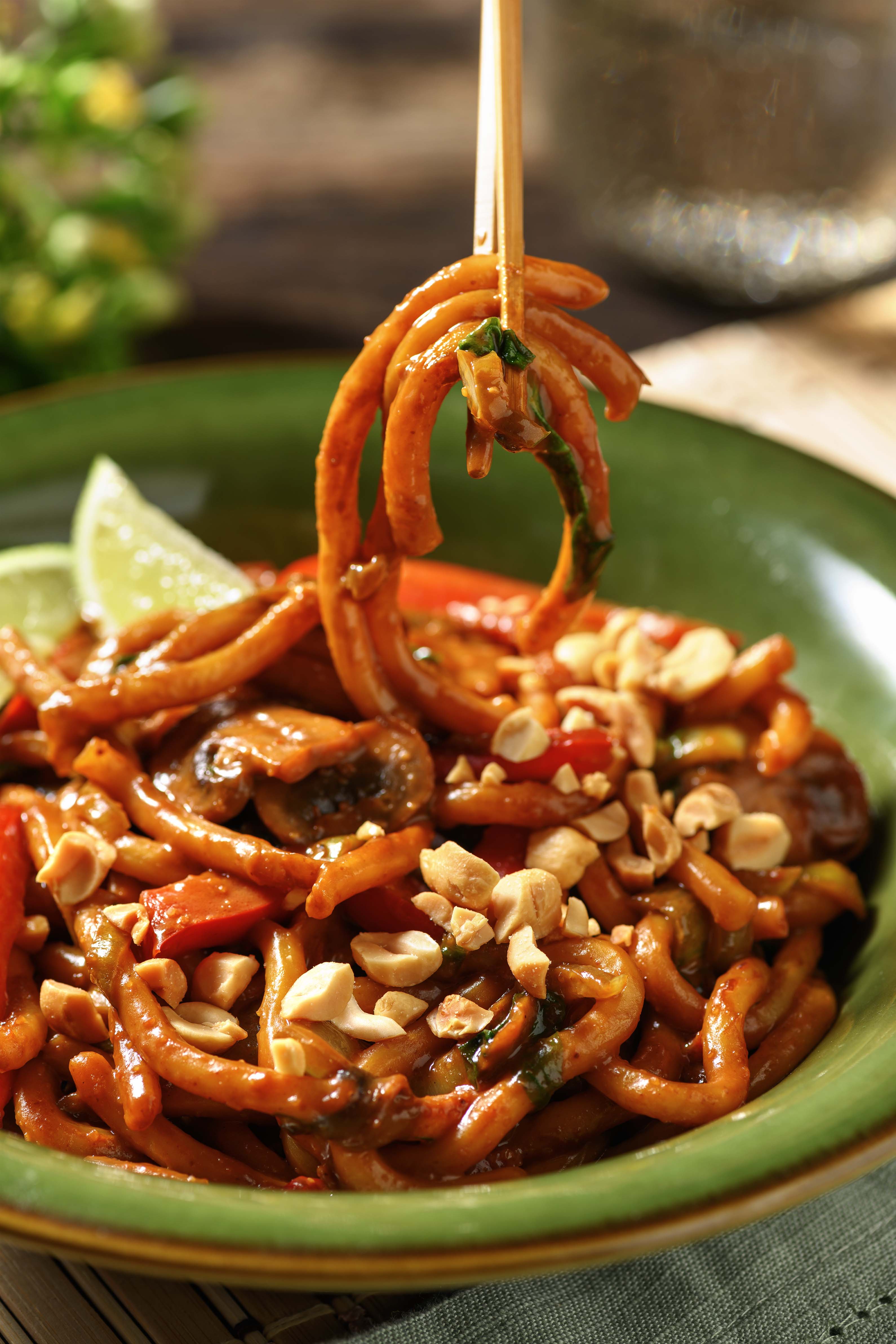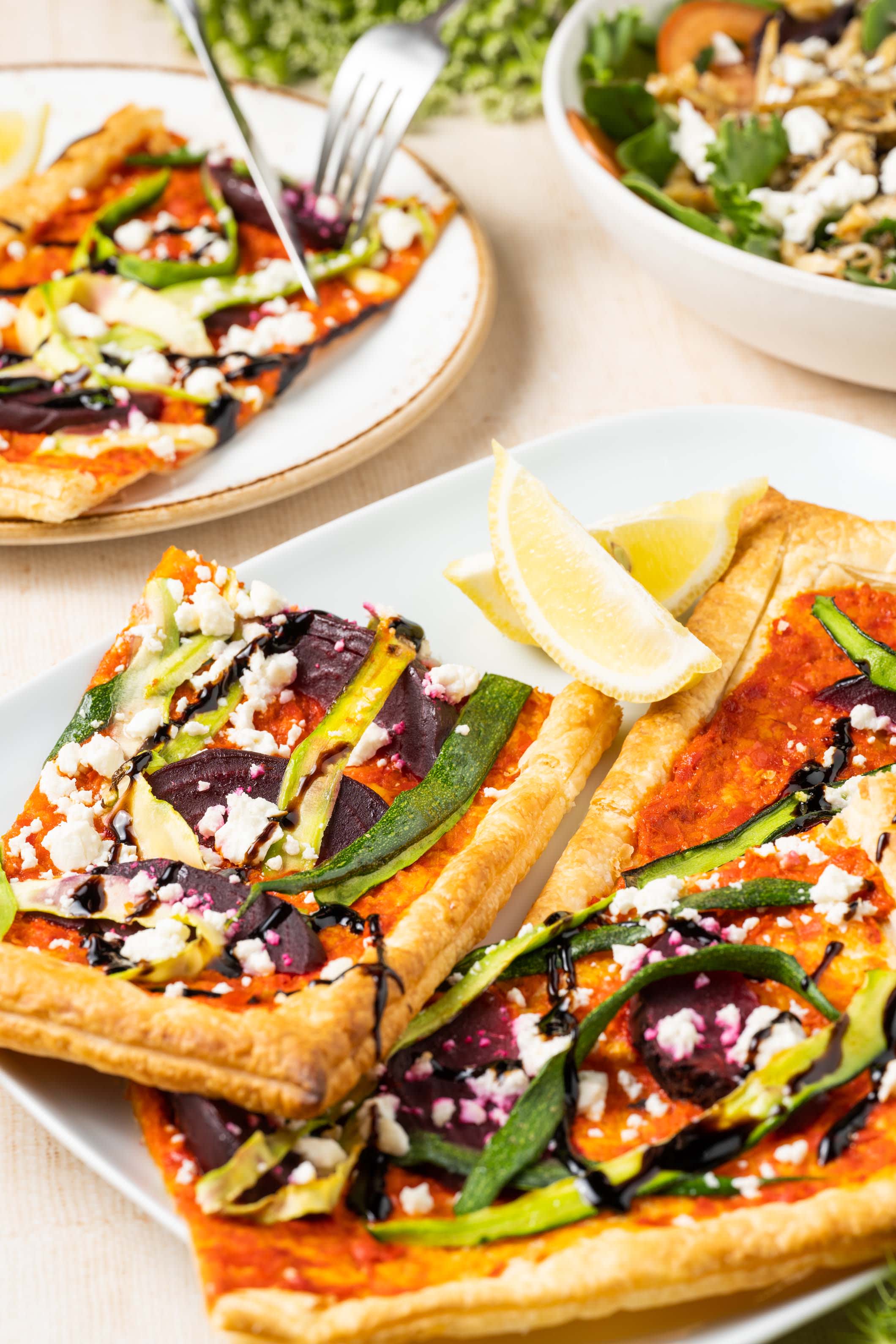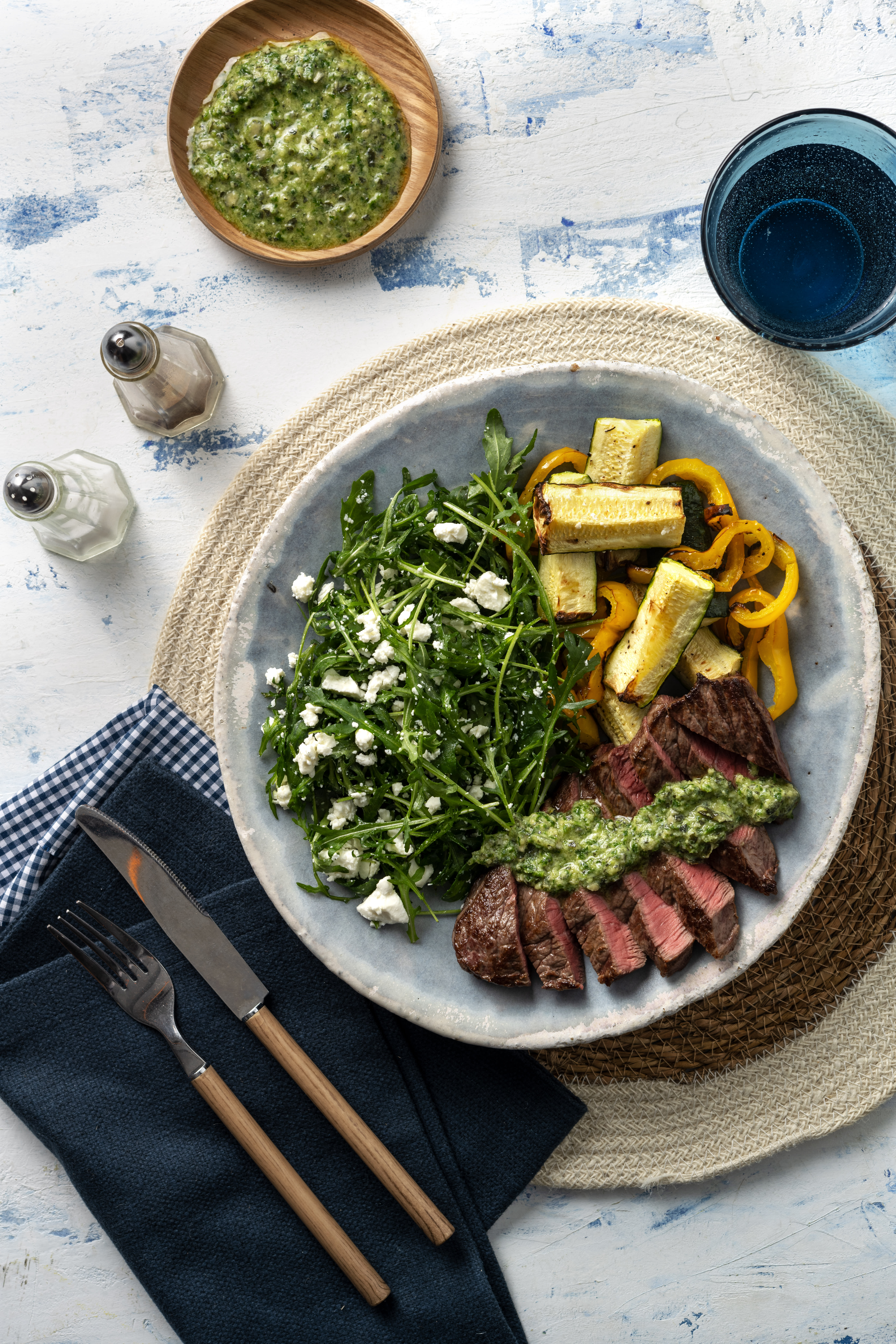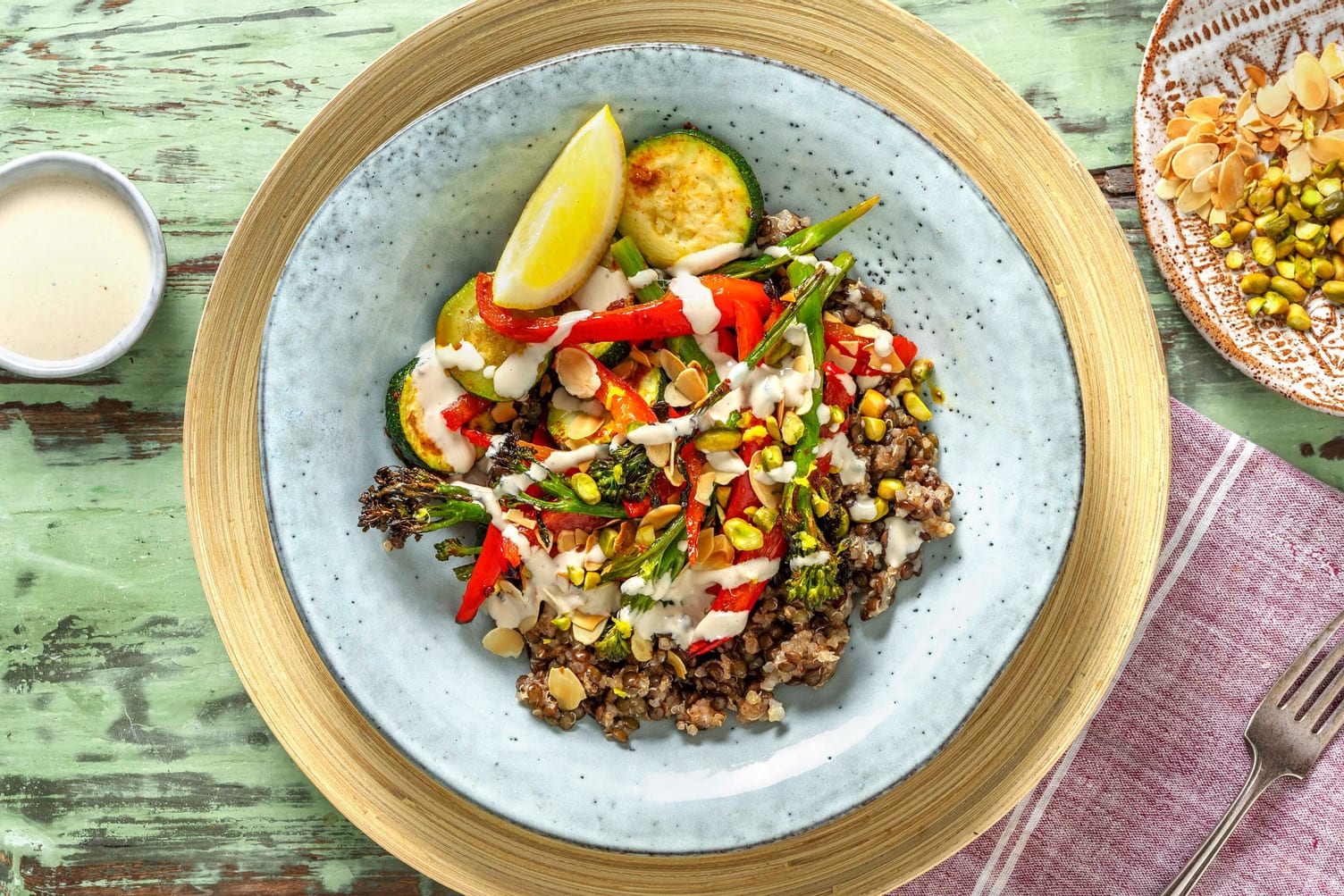
The Flexitarian Food Trend is Booming
The conversation around meat-free diets is one that’s constantly growing, so it’s no surprise that vegan, vegetarian, pescatarian and flexitarian diet trends are at an all-time high. But did you know that the flexitarian diet has seen the biggest boom so far?
Our data experts analysed the growing popularity of each diet. We found that 13% of people in the UK consider themselves flexitarians, while just 5% said they were vegetarian, 3% pescatarian and 2% vegan. Whether you're trying to reduce your meat intake or trying something new to switch up meal times, we've got great flexitarian recipes to suit your tastes and health goals.
Get the Discount Directly on the App
Scan the QR code with your smartphone, or click on the button below to redeem your discount on the Green Chef app.
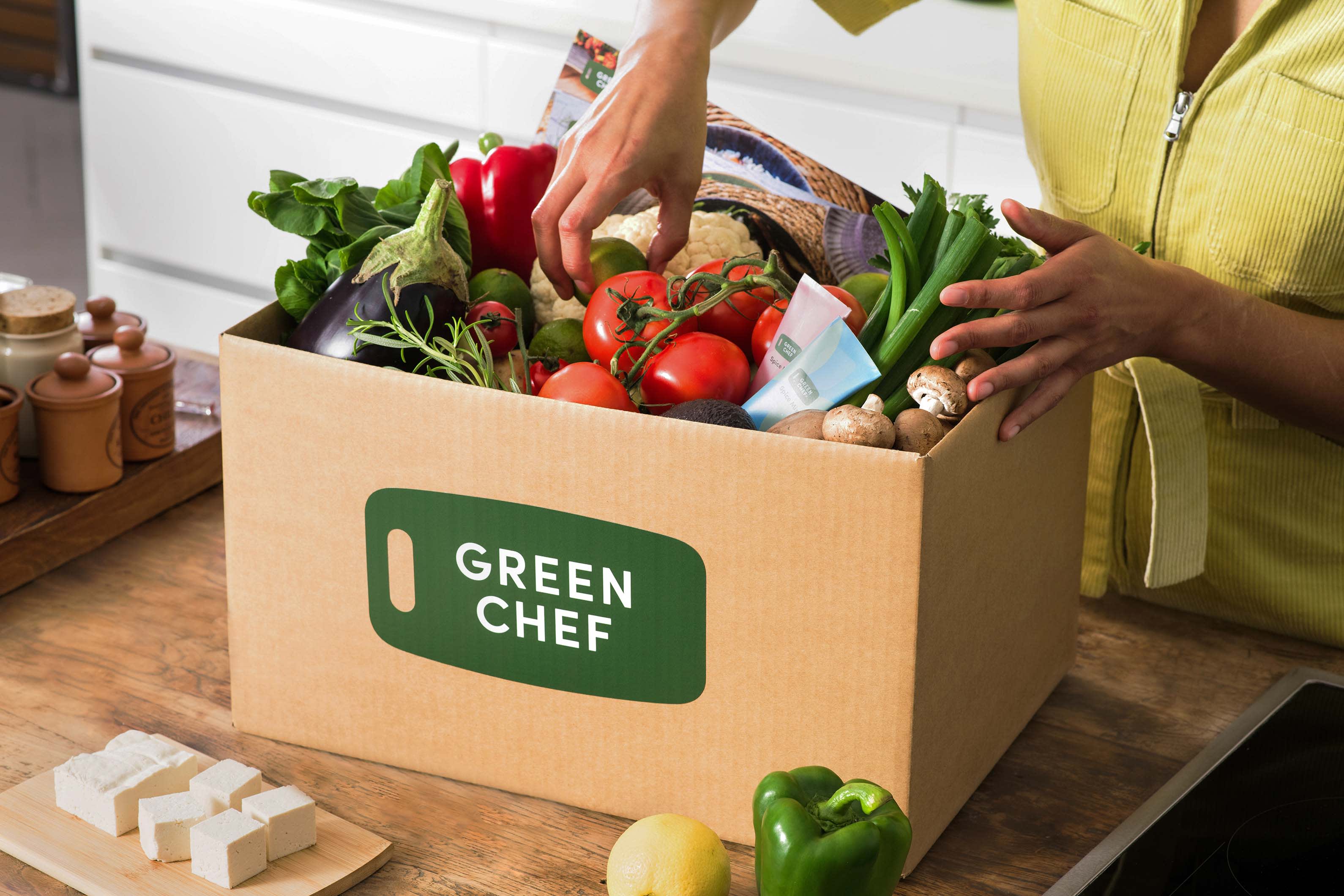
What is a Flexitarian?
The meaning of flexitarian is a person who predominantly eats a vegetarian diet but occasionally eats meat or fish. They also make a conscious effort to eat less animal-sourced foods such as milk, eggs and cheese. Some flexitarians may only eat meat on certain days of the week. For example, many people following a flexitarian diet take part in Meat Free Monday, an initiative popularised by social media which encourages people to eat more fruit and vegetables and cut out meat at the beginning of the week. Some people who follow a flexitarian diet may also be attempting to slowly transition to a vegetarian or vegan diet.
A flexitarian is a person who predominantly eats a vegetarian diet but occasionally eats meat or fish. They also make a conscious effort to eat less animal-sourced foods such as milk, eggs and cheese. Some flexitarians may only eat meat on certain days of the week. For example, many people following a flexitarian diet take part in Meat Free Monday, an initiative popularised by social media which encourages people to eat more fruit and vegetables and cut out meat at the beginning of the week. Some people who follow a flexitarian diet may also be attempting to slowly transition to a vegetarian or vegan diet.
.jpg)
Flexitarian Diet Benefits
Adopting a flexitarian diet is a great way to help the environment. It’s thought that if everyone ate just 20% less beef, deforestation rates in 2050 could be reduced by half. Following the flexitarian trend can also have significant health benefits, as our Recipe Development Manager, Lily Keeling explains: "Flexitarian diets can encourage people to eat a broader range of foods, which means they’ll consume more nutrients and vitamins as a result. They’re also likely to find it a lot easier to stick to, as there’s no need to deny any foods they’re really craving." If you’d like to get involved with the flexitarian food trend, check out our flexitarian recipes.
What's Included in the Green Chef Flexitarian Recipe Plan?
